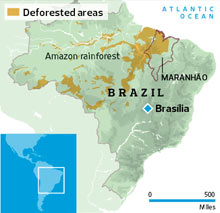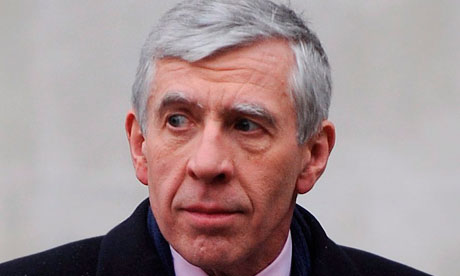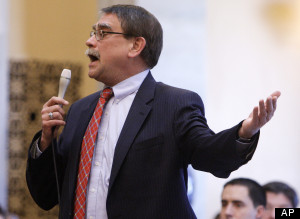Government media minders are being dispatched to an international polar conference in Montreal to monitor and record what Environment Canada scientists say to reporters.
The scientists will present the latest findings on everything from seabirds to Arctic ice and Environment Canada’s media office plans to intervene when the media approaches the researchers, Postmedia News has learned.
Media instructions, which are being described as a heavy-handed attempt to muzzle and intimidate the scientists, have been sent to the Environment Canada researchers attending the International Polar Year conference that started on Sunday and runs all week.
“If you are approached by the media, ask them for their business card and tell them that you will get back to them with a time for (an) interview,” the Environment Canada scientists were told by email late last week.
“Send a message to your media relations contact and they will organize the interview. They will most probably be with you during the interview to assist and record,” says the email obtained by Postmedia News.
The scientists will present the latest findings on everything from seabirds to Arctic ice and Environment Canada’s media office plans to intervene when the media approaches the researchers, Postmedia News has learned.
Media instructions, which are being described as a heavy-handed attempt to muzzle and intimidate the scientists, have been sent to the Environment Canada researchers attending the International Polar Year conference that started on Sunday and runs all week.
“If you are approached by the media, ask them for their business card and tell them that you will get back to them with a time for (an) interview,” the Environment Canada scientists were told by email late last week.
“Send a message to your media relations contact and they will organize the interview. They will most probably be with you during the interview to assist and record,” says the email obtained by Postmedia News.
























